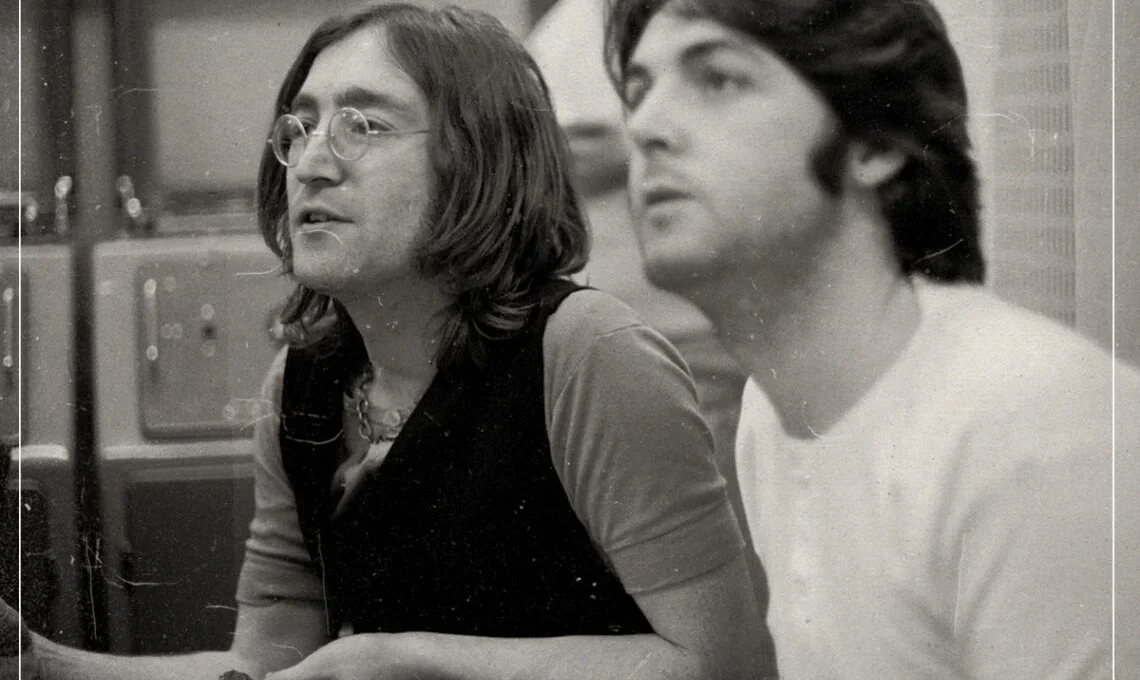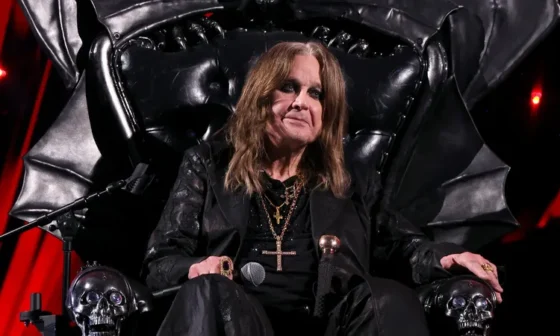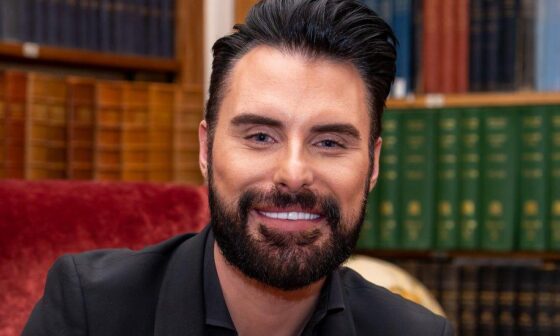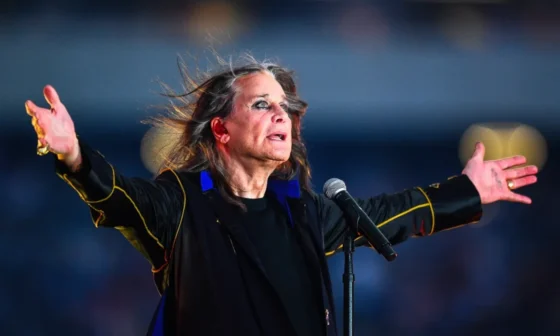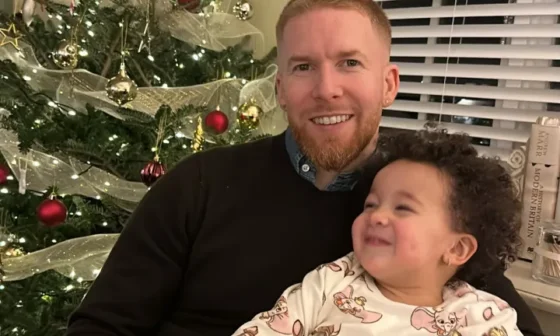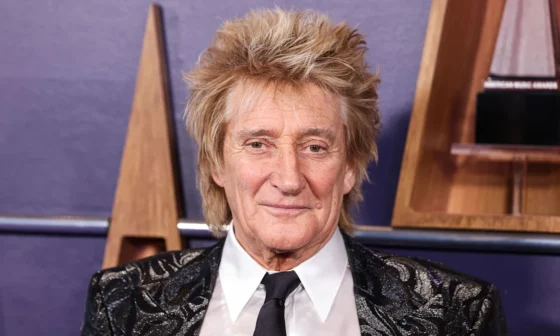John Lennon’s Final Confession: “I Still Love Paul” — A Farewell to a Brother
By the end of the 1970s, the bond that once defined the greatest songwriting duo in history had faded into silence. John Lennon and Paul McCartney, the minds behind “Hey Jude,” “Let It Be,” and “A Day in the Life,” were no longer speaking regularly. Years of creative clashes, public feuds, and the painful unraveling of The Beatles had left their friendship frayed—if not broken.
But behind the headlines, something deeper lingered.
In the final months of his life, John Lennon offered the world a glimpse into his heart—and it contained something few expected: peace, reflection, and an unspoken love for the man he once called his “musical other half.”
A Voice Softened by Time
In 1980, just weeks before he was murdered outside his New York apartment, Lennon sat down for a series of in-depth interviews with journalist David Sheff for Playboy magazine. The interviews would become his final major reflections—a raw, unfiltered look at his legacy, his life with Yoko, fatherhood, and his complex history with Paul McCartney.
“I still love those guys,” Lennon said. “Especially Paul.”
The words stunned fans. After years of public jabs, diss tracks, and cold silences, Lennon’s voice carried warmth—almost a longing. He spoke not with bitterness, but with the kind of clarity that only comes near the end of something.
“We went through a lot together,” he admitted. “We made some great music. And even if we don’t always agree… we’ll always be connected.”
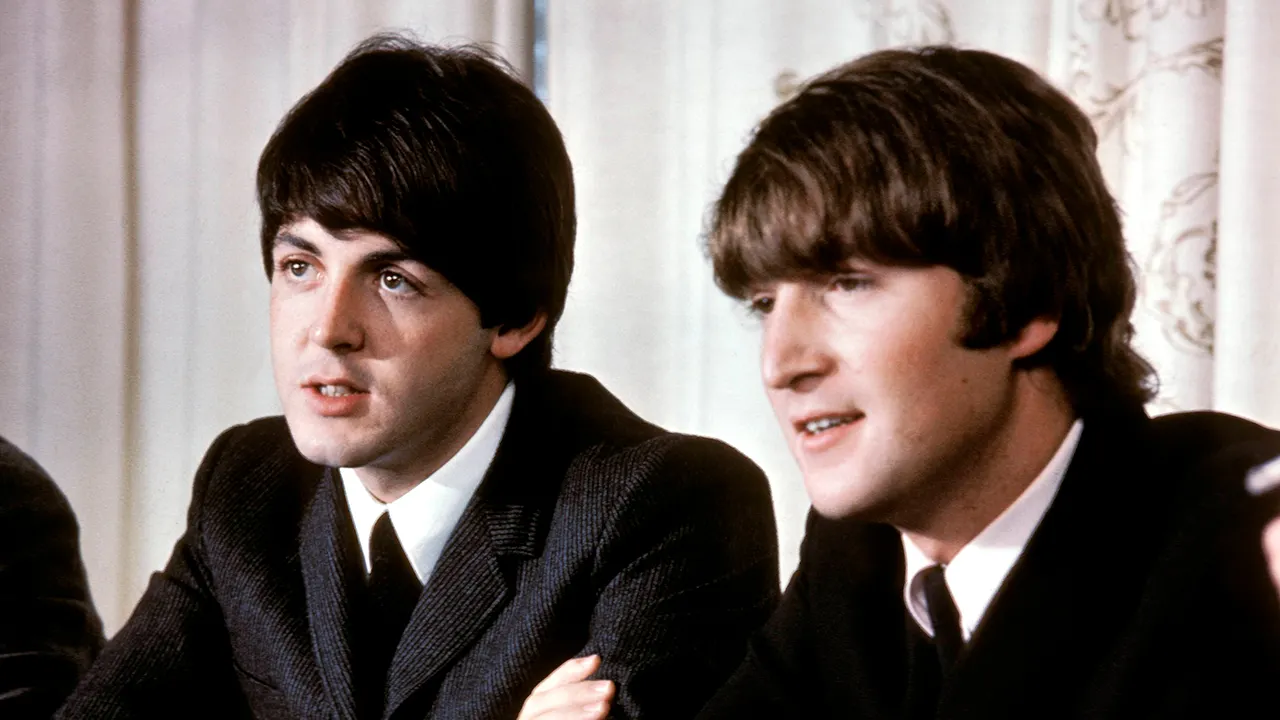
Acknowledging the Genius Beside Him
One of the most powerful lines to emerge from these final interviews was this:
“He’s like me. We’re both very stubborn. But he’s a damn good songwriter.”
Lennon, the rebel, the iconoclast, the rock ‘n’ roll poet—took a moment to honor McCartney’s brilliance. Not as a rival. Not as an ex-bandmate. But as a brother.
It was a confession of admiration, pride, and—most poignantly—regret. Lennon wasn’t just looking back on the music. He was looking back on a friendship that shaped both their lives.
A Reconciliation Cut Short
When the tragic news broke on December 8, 1980, that John Lennon had been shot and killed outside The Dakota, the world fell into mourning. Paul McCartney, stunned and grief-stricken, called it “a terrible, terrible loss.”
But later, Paul would reveal something few had known at the time: they’d spoken just a few months earlier. They’d shared words. They’d laughed. And Paul had heard, whether directly or through those final interviews, what he needed most—that John still loved him.
“It was deeply moving,” McCartney said later of Lennon’s parting reflections. “And it brought me comfort.”
A Legacy Beyond the Breakup
Today, in 2025, fans still pore over every lyric, every photograph, every moment where Lennon and McCartney’s eyes met on stage. The rivalry was real—but so was the bond. So was the love.
And in those final moments, John Lennon didn’t just reflect on his past—he rewrote part of it. With honesty. With warmth. With the words he may have struggled to say face-to-face, but which now echo louder than ever:
“Especially Paul.”
